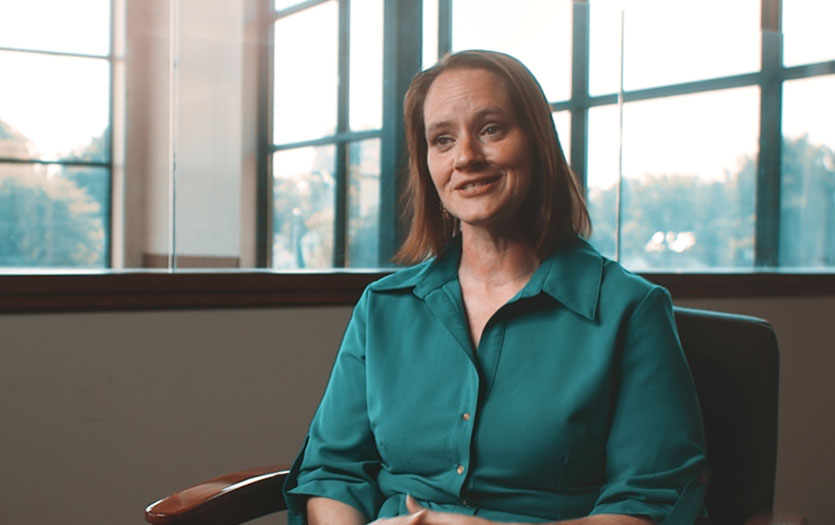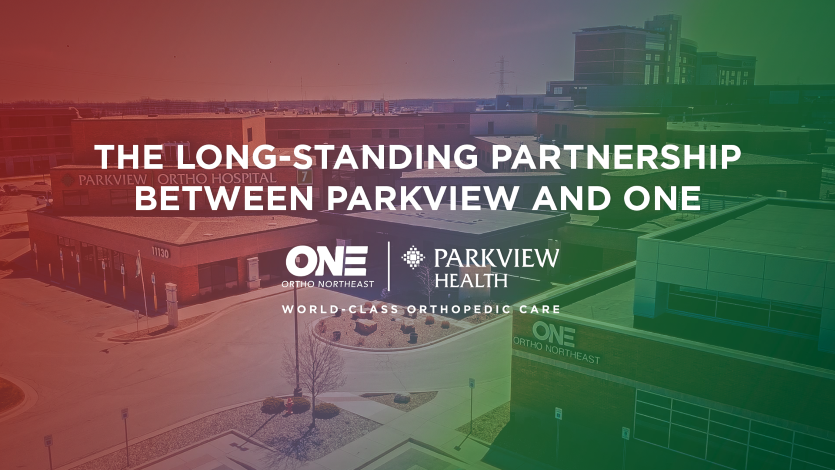1. Don't panic.
Everyone has a story of a loved one with diabetes, some with advanced disease who have poor vision, kidney disease, or may even have had a leg amputated (stick with me here, remember, I said don’t panic). While diabetes is a formidable opponent, it’s important right from the beginning to discuss things you can do – educating yourself, taking medications and increasing your physical activity – to reduce your risk of complications.
2. You don’t need to eat special foods.
It’s difficult to change behavior patterns formed over decades when it comes to eating habits. I don’t want you to start eating only salads, but we need to talk about which food choices can help, and which can hamper (carbohydrates), your goals of reversing or controlling diabetes.
3. Being active is your greatest weapon against diabetes.
Being active is paramount. You don’t have to take up running, but visiting your local library and checking out an exercise DVD that looks fun is a nice start. With spring coming, walking outdoors is also becoming more of a possibility. Whatever your current activity level, think of ways you can be more active.
4. You might have contributed to your developing diabetes through your lifestyle choices.
5. Your physician likely isn’t your best source for diabetes education.
6. You’re not alone.
A new diagnosis can be scary and overwhelming. Take advantage of the many resources that are available. Visit your local diabetes educator, join support groups in your area, explore exercise classes and have open discussions with your physician about this new diagnosis.




